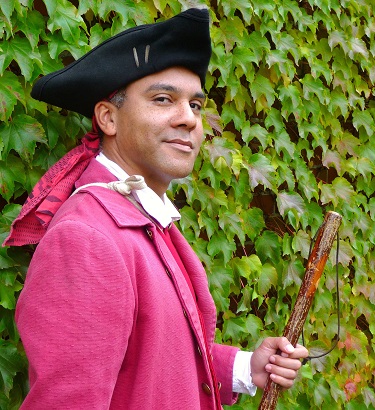
Did you know…
Between 1800 and 1900, most of the African Americans who lived in the city resided in the West End, between Pinckney and Cambridge Streets, and between Joy and Charles Streets, a neighborhood now called the North Slope of Beacon Hill.
The first Africans arrived in Boston in February of 1638, eight years after the city was founded. They were brought by their enslavers, purchased in Providence Isle, a Puritan colony off the coast of Central America. By 1705, there were more than 400 enslaved in Boston and the beginnings of a free black community in the North End.
The American Revolution was a turning point in the status of Africans in Massachusetts. At the end of the conflict, there were more free black people than slaves. When the first federal census was enumerated in 1790, Massachusetts was the only state in the Union to record no slaves.
The all-free black community in Boston was concerned with finding decent housing, establishing independent supportive institutions, educating their children, and ending slavery in the rest of the nation. All of these concerns were played out in this Beacon Hill neighborhood.
Find out more about the history of African Americans in Colonial New England by walking in their footsteps on a Black Heritage Trail Guided Tour. Join interpretive rangers of the National Park Service Boston African American National Historic Site (BOAF) for guided walking tours departing from the Robert Gould Shaw and 54th Massachusetts Regiment Memorial (across from the Massachusetts State House) and ending at the nation’s first African Meeting House, which anchors MAAH’s Boston campus.
Black Heritage Trail Guided walking tours are free. For more information, including a schedule, click HERE.


